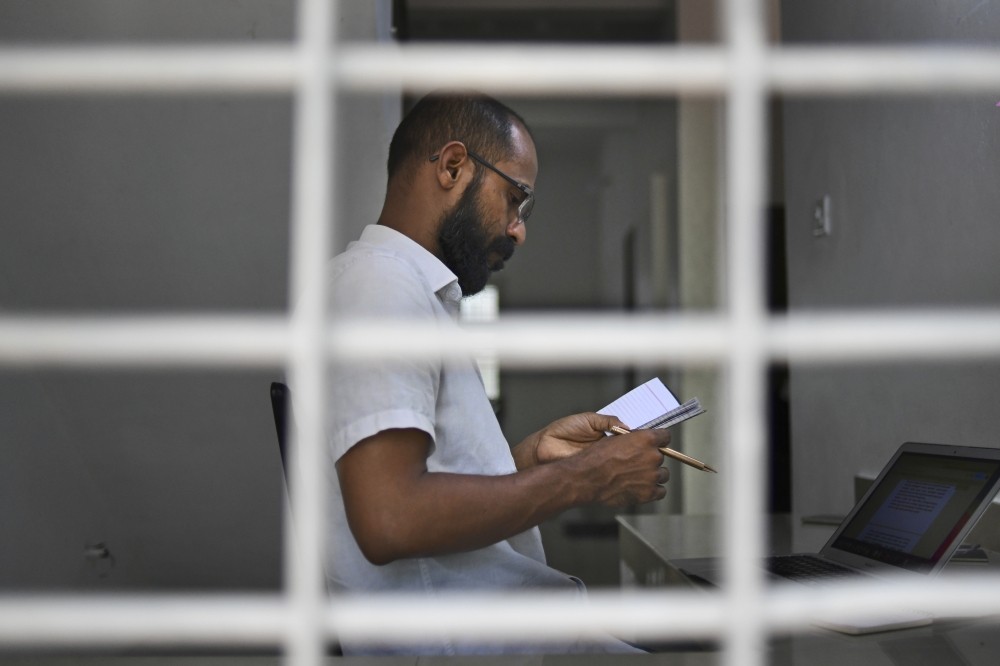15/04/2024
15/04/2024

NEW DELHI, April 15, (AP): Indian Prime Minister Narendra Modi and his government are increasingly wielding strong-arm tactics to subdue political opponents and critics of the ruling Hindu-nationalist party ahead of the nationwide elections that begin this week.
A decade into power, and on the cusp of securing five more years, the Modi government is reversing India’s decadeslong commitment to multiparty democracy and secularism.
The ruling Bharatiya Janata Party has brought corruption charges against many officials from its main rival, the Congress Party, but few convictions. Dozens of politicians from other opposition parties are under investigation or in jail. And just last month, Modi’s government froze the Congress party’s bank accounts for what it said was non-payment of taxes.
The Modi administration says the country's investigating agencies are independent and that its democratic institutions are robust, pointing to high voter turnout in recent elections that have delivered Modi's party a clear mandate.
Yet civil liberties are under attack. Peaceful protests have been crushed with force. A once free and diverse press is threatened. Violence is on the rise against the Muslim minority. And the country’s judiciary increasingly aligns with the executive branch.
To better understand how Modi is reshaping India and what is at stake in an election that begins Friday and runs through June 1, The Associated Press spoke with a lawyer, a journalist, and an opposition politician.
Here are their stories:
Mihir Desai has fought for the civil liberties and human rights of India’s most disadvantaged communities, such as the poor and Muslims, for nearly four decades.
The 65-year-old lawyer from India's financial capital Mumbai is now working on one of his - and the country’s - most high-profile cases: defending a dozen political activists, journalists and lawyers jailed in 2018 on accusations of plotting to overthrow the Modi government. The accusations, he says, are baseless - just one of the government’s all-too-frequent and audacious efforts to silence critics.
One of the defendants in the case, a Jesuit priest and longtime civil rights activist, died at age 84 after about nine months in custody. The other defendants remain in jail, charged under anti-terror laws that rarely result in convictions.
"First authorities came up with a theory that they planned to kill Modi. Now they are being accused of being terrorist sympathizers,” he said.
The point of it all, Desai believes, is to send a message to any would-be critics.


